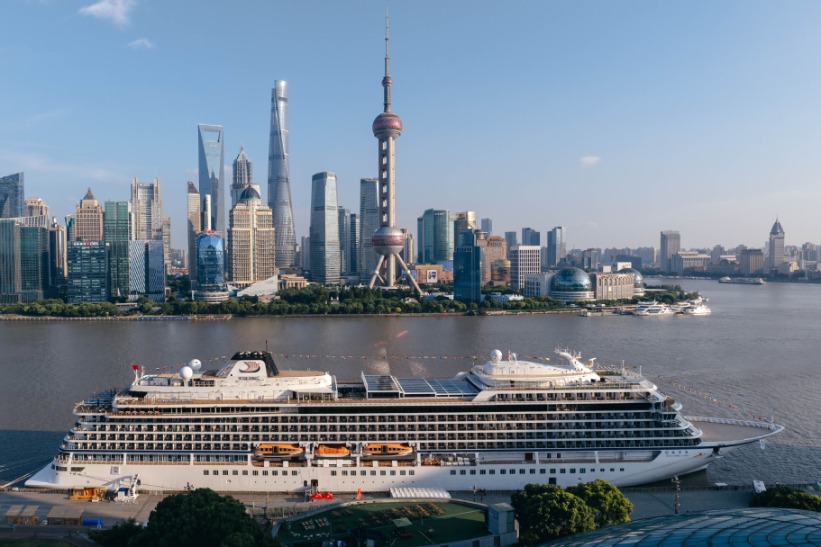Expert: Unity needed to solve global epidemic, economic crisis

With numerous deaths, a drastic economic downturn and increasingly noticeable political divisions, the COVID-19 pandemic is becoming one of the most serious challenges in human history.
An expert said the only answer to the challenge is to unite humanity and jointly create more effective tools for global governance, while intentionally sparking a new Cold War will turn into a significant additional obstacle to the recovery of the world economy.
"We have the task of restoring trust among the nation-states," stressed Alexander Lomanov, deputy director for scientific work and head of the Center for Asia Pacific Studies of the Institute of World Economy and International Relations, Russian Academy of Sciences, during the Global Think Tank Webinar with the theme of "Stronger together: Global recovery from COVID-19".
"The only alternative to blackmail is dialogue. The only alternative to the arbitrary application of sanctions is a reliable and effective mechanism for world trade. The only alternative to unilateralism is adherence to the international law."
Under the concept of a community with a shared future for mankind, the webinar was cohosted by the Chinese Academy of Social Sciences and China Daily, to advocate for effective international prevention and control efforts, resolutely fight the global battle, call for greater macroeconomic policy coordination, and promote international collaboration to tackle great challenges to global public health security and economic and social development.
"The problem is that statements about international solidarity in the absence of real solidarity between countries do not help to overcome the global crisis in any way," said Lomanov, who evaluated the current international cooperation and showed his concern by adding that the situation remains difficult.
According to him, against the background of an obvious lack of global leadership, countries with effective public administration systems will be able to overcome difficulties and return to economic growth, while the countries with weak and inefficient systems will sink into prolonged stagnation or decline.
"In the worst-case scenario, the new global depression could last until the end of this decade."
On the performance of global epidemic control as a whole, he held the view that in the first half of 2020, the world community failed to fully utilize the potential of international organizations to fight the epidemic.
In terms of international economic cooperation in the future, "previous experience does not allow us to assess the prospects for joint action in this area with optimism. There is lack of willingness to work together outside the frameworks of some regional economic associations," said Lomanov.
He further warned that the desire of some countries to use the crisis situation to put additional pressure on their opponents in the outside world is noticeable, and "the attempt of the single superpower to launch a new Cold War against China, in the hope that this war will end in favor of the West according to the scenario of the 20th century, will lead to an artificial and dangerous split of the world community in the period of double crisis."
Such attempts will severely damage but not help the global economic recovery. "The political events of 2020 demonstrate that the West made an irrational choice in favor of confrontation with China. This choice prevails over economic rationality, which requires joint efforts to promote economic globalization and expand the liberal system of international trade."
Lomanov explained that artificially imposing a new bipolarity on the world will inevitably exacerbate the problems of global inequality and increase the gap between developed and developing countries. The formation of two competing economic alliances that strive for technological leadership and therefore do not allow the advanced products of the opponent to enter their markets will be a source of increased economic costs and will slow the commercial spread of new technologies.
"From the point of view of human morality, attempts by one country to preserve its greatness by destroying the economies of other countries, suppressing their innovative potential, and arbitrarily restricting market access are intolerable. However, in reality, this is what happens."
He pointed out the "zero-sum game" mentality has become the foundation of the foreign policy of the most powerful and influential nation in the modern world. Such a policy is not far-sighted and sustainable.
"The strategy of subordinating the interests of the world community to the interests of one nation is doomed to fail in the long term."




































